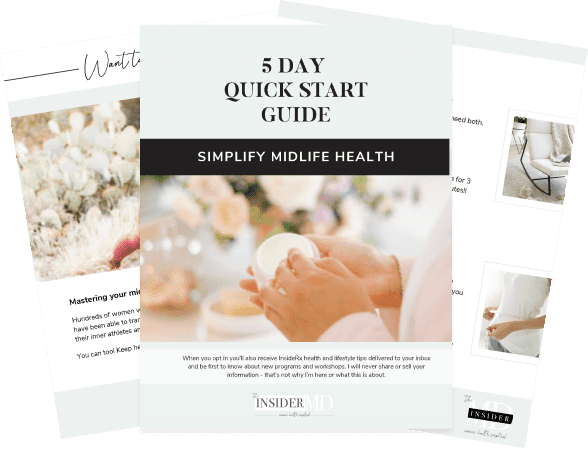
Handgrip Strength As A Measure of Overall Health
Did you know that your handgrip can tell you about how healthy you are overall?
Your grip strength, is a measure of muscle health of your hands and forearms and, research suggests, it is a good indicator of overall muscle strength and greater longevity in adults.
Many studies have shown an association between weakened grip strength and increased risk of dying from any cause in adults. The reasons aren’t well understood but a decrease in hand grip seems to be an indicator of sarcopenia, which is the generalized loss of muscle mass that occurs with age.
The British medical journal, the Lancet, published results from an international study (the PURE Study) of almost 170,000 adults in 17 countries showing a connection between decreased grip strength and future disability, earlier death and the onset of heart disease. The connection was there even after adjusting for other factors that can contribute to heart disease including smoking, poor diet and lack of exercise.
The researchers reported that grip strength was an even better predictor of cardiovascular disease than blood pressure.
Another interesting finding was that weaker grip strength was not associated with an increased risk of developing Type 2 diabetes or cancer.
Overall physical health is affected by the presence or absence of certain medical conditions, and having good overall muscle strength is an advantage. Since grip strength correlates with overall muscle strength, grip strength measurements are a good test. They are inexpensive, easy to calculate, and are sensitive enough to detect even slight changes in hand strength.
The findings correlating grip strength with overall health have been reported in others studies as well. But the PURE study was the largest of its kind to make the connection. The findings were consistent across high, middle and low income countries.
How is Grip Strength Measured?
Grip strength is measured using a hand-held dynamometer. You squeeze the dynamometer as hard as you can, usually three times with each hand. Your score is then calculated using the average measurements from both hands.
Generally, a minimum squeeze measurement of 44 pounds is associated with better mobility in adult women. (72.6 pounds for men)
If I Improve My Grip Strength, Will My Overall Health Improve?
No, the studies show that just strengthening your hand grip alone will not improve your overall health. Dr, Cathleen Colon-Emeric, Head of Geratrics and Associate Dean of Research Mentoring at Duke University, says “we should consider grip strength as an overall biomarker of health, and improving it by itself will not lead to improved outcomes”.
The message from the studies is that we can improve our overall health by focusing on maintaining or improving our overall muscle mass and strength, which greatly reduces the risk for many conditions.
Having poor grip strength does not necessarily mean you are in poor health either. It can be used as a marker of biological aging.
Studies show that even just 10 minutes of physical activity each day is linked with improved mobility and longevity. Many studies show benefits at every age.
The best way to build muscle strength is to do resistance training at least 3 times per week, with rest days in between. You can use dumbbells and weight machines but resistance bands work well too. To avoid injuries, always work on range of motion first, THEN strength.
And try to get plenty of sleep. Sleep is important for muscle rest and recovery and replenishing your muscle’s energy stores.
Finally, be sure to eat a healthy diet. Your muscles need healthy nutrients to get stronger. You don’t need protein supplements or a high protein diet. A balanced diet with whole grains, plenty of fruits and vegetables and, proteins from beans nuts and fish will provide all the healthy proteins and nutrients you need to build healthy muscle.
Fun fact: Researchers at Columbia University’s School of Public Health and the Columbia Aging Center found that men with stronger grip strength were more likely to be married than men with a weaker grip strength. But hand grip strength was not a factor in women’s marital status.
Read the article here if you want to read more.

MEET DR. ELLEN
My mission is to bring you the most up-to-date, proven medical information, simplified, so you can make confident, educated decisions about your health.
I'M LOOKING FOR...
grab your 5 day
quick start guide



